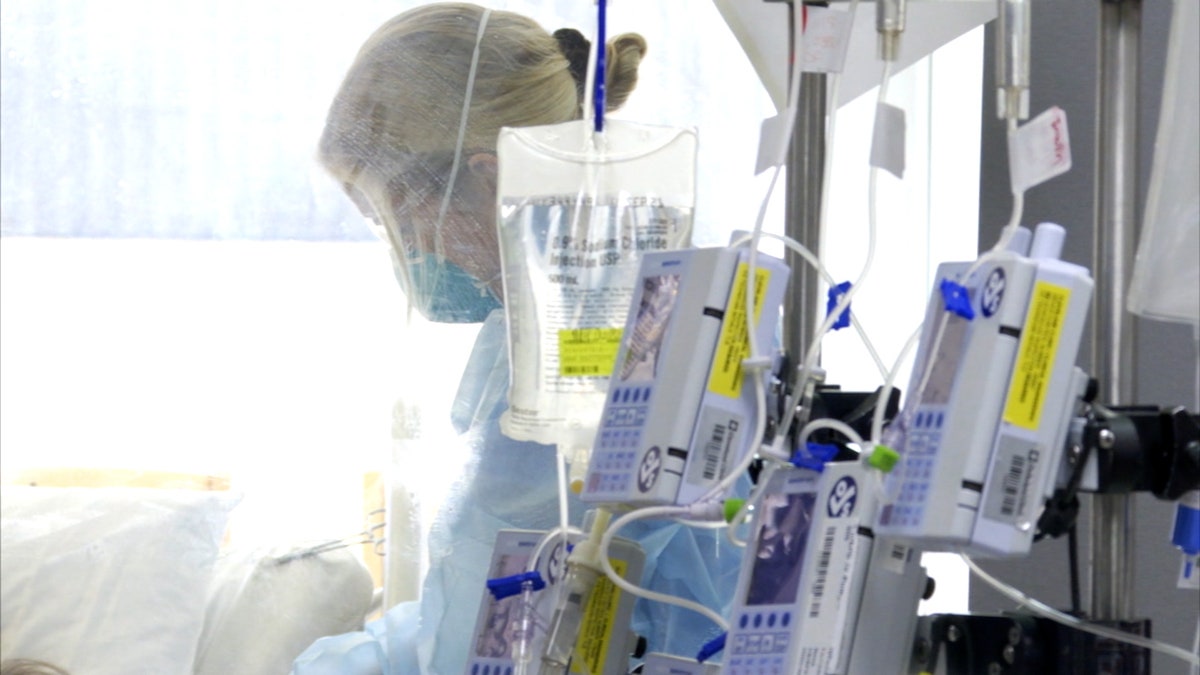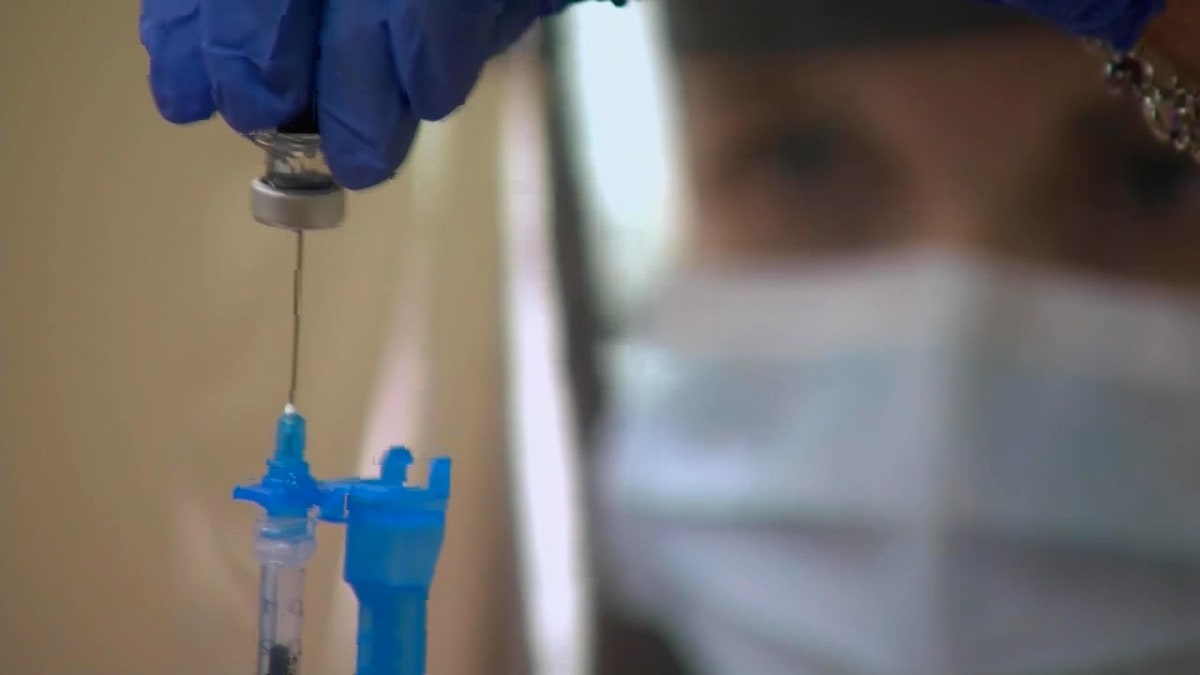Millions still vulnerable as COVID restrictions are lifted
As COVID restrictions are lifted across the U.S., the immunocompromised say they are still at risk.
CLEVELAND, Ohio – As pandemic restrictions are lifted across the U.S., millions of immunocompromised Americans are unsure how safe they really are.
It's estimated that 7 million Americans — 2.7% of the population — are immunocompromised, though they make up between 40-44% of serious breakthrough COVID infections, according to the Centers for Disease Control and Prevention. People with organ transplants, cancer, HIV, autoimmune diseases and other immunity-compromising conditions are considered at greater risk.

The CDC estimates at least 7 million Americans — 2.7% of the population — are immunocompromised, though they make up between 40-44% of serious breakthrough infections. (Cleveland Clinic)
Mike Olsen, a lung transplant recipient, told Fox News he continues to live life on high alert because of his weakened immune system.
"People can still spread the virus to someone like me, who’s immune suppressed. They don’t realize they can," Olsen said. "When they take off their masks that puts me in a predicament where I have to be more extra careful now in public."
COVID LOCKDOWNS MAY BE ENDING, BUT WE ARE FOREVER CHANGED
Vaccines would ordinarily reduce the risk of infection and severe illness, but many immunocompromised people have a weak response to COVID shots, according to Dr. Abhijit Duggal, a pulmonary medicine specialist at the Cleveland Clinic.
"They have a higher risk of getting sick enough to come to the hospital more often, needing the ICU more often," Duggal said. "I know it’s difficult two years into the pandemic but because we are unsure about the risk for these populations, we need to be mindful that we protect them."

Many of the immunocompromised have a weak response to COVID shots. (Stephen Goin)
Duggal told Fox News immune compromised people should remain cautious as COVID protocols change, which includes the continued use of face masks in public.
New immune therapies could offer hope to the immune compromised. The FDA issued an emergency use authorization for Evusheld, a two-antibody cocktail from AstraZeneca, that has been show to reduce the risk of developing COVID in immunocompromised people.
CLICK HERE TO GET THE FOX NEWS APP
However, these drugs are in short supply. The government has ordered only 1.7 million doses of Evusheld and many states report limited amounts of the medication.


